Apology a turning point for Centacare cultural consultant
News
For Brigitte Goepfert, February 13, the day of the National Apology, will always be the day she found freedom. However, it is also a painful reminder that her identity was stolen at birth.
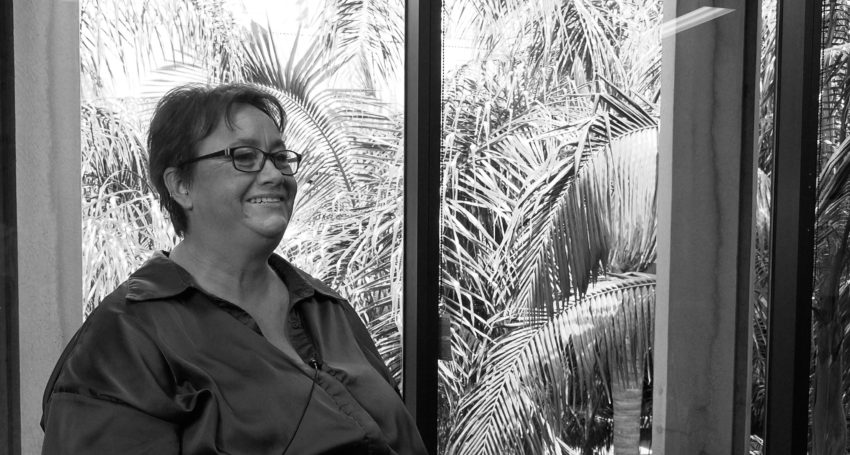
Brigitte has spent a lifetime picking up the pieces as one of the last forced adoptions in Australia – the past practice of taking babies from unmarried mothers, against their will.
Born in 1972, Brigitte grew up in a French-German household. At the age of 19, when her adoptive mother passed away, she applied for her adoption papers.
‘’That’s when I found out I am a First Nations person,’’ Brigitte says.
“My birth mother was 23. She didn’t have the capability to care for me and because my father was Aboriginal, her family basically said, ‘you can’t keep the baby’.
Advertisement
“I am a secret to that family. When I reached out to her, I had it in my head that I was going to have this great reunion, but I got a very cold, typed letter back saying `yes, I am that person and, no, I don’t want anything to do with you’.
“That was another hit because that also then stopped me being able to find out more about my paternal side.’’
All Brigitte knows is that she is a descendant of the Yirrganydji people, the traditional custodians of the land that runs northwards from Cairns, Queensland, to Port Douglas.
“I kept that hidden a lot because I didn’t know how to deal with it,’’ she says.
“I am fair skinned and blue eyed, so it was easy for me to slip through. I lived overseas for years, spoke French, spoke German, but when I went to work in Coober Pedy (Arabana country), I started connecting more with my culture.
“A lot of my friends there would call me kungka (woman in Pitjantjatjara) and say, ‘you’re Aboriginal, aren’t you?’
“It was the day of the Apology which gave me the freedom to go, you know what, yes I am; I might be fair skinned and blue eyed, but this is actually the reason why.’’
Brigitte, an Aboriginal Cultural Consultant with Centacare Foster Care and RESTORE Intensive Family Services, will never forget that day in 2008.
She was sitting in a conference room at the Department for Child Protection’s Murray Bridge office when Prime Minister Kevin Rudd made a formal apology to Aboriginal and Torres Strait Islander peoples, particularly to the Stolen Generations whose lives had been blighted by past government policies of forced child removal and assimilation.
“It was a significant turning point,’’ Brigitte says.
“For me, it gave me the freedom to be open and honest about who I am.
“I remember crying – I still get teary about it – because I feel like I was robbed of a lot.
“I don’t have a lot of information, so there are still parts of me that feel very disconnected. Sometimes I feel like a fraud because I didn’t grow up in community.’’
Advertisement
While the anniversary of the Apology is a milestone all Australians can be proud of, Brigitte says Stolen Generation survivors and families are still hurting.
“At the time, there was a lot of relief, a lot of joy that someone in Federal Parliament had acknowledged there had been assimilation and that policies were around,’’ she adds.
“I think people thought it would be the beginning of a big, big change and that we would be further along now, 15 years later, than what we are.
“The reality is, kids are coming into care at a higher rate, families are still highly dysfunctional, and the trauma and pain is still there.’’
In her role at Centacare, Brigitte supports foster households and families facing complex challenges to connect Aboriginal children in their care to culture.
Figures released by the Australian Institute of Health and Welfare (AIHW) in 2022 reveal that Indigenous children are now 11.5 times more likely to be placed in care than their non-Indigenous counterparts.
Highlighting this over-representation, 20 per cent of the children placed in the Centacare Foster Care program are Aboriginal.
“My job is to help the carers give children in care a different perspective because a lot of them are just like me – they haven’t been brought up in community, many are with non-aboriginal carers, and they are fair skinned,’’ she says.
“For me, it’s about supporting the carers to really help these kids to be proud of who they are.’’
Brigitte’s message today for people is to pause, reflect and continue the national conversation that Rudd began.
“The anniversary keeps it at the forefront of people’s minds and whether they think it’s a good or a bad thing, it does create debate and debate creates education,’’ she says.
“It is important we acknowledge the wrongs of the past while reflecting on the work that still needs to be done to address the impact of unresolved trauma.
“While the Apology was great, you have to have action as well to keep that healing going.’’


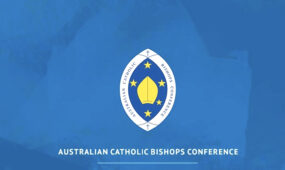
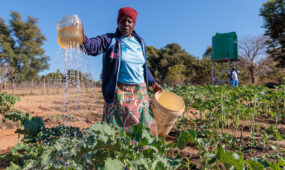
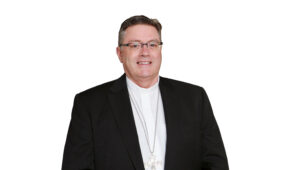
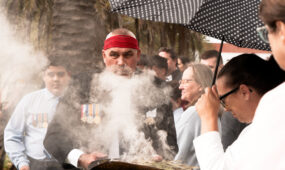

Comments
Show comments Hide comments